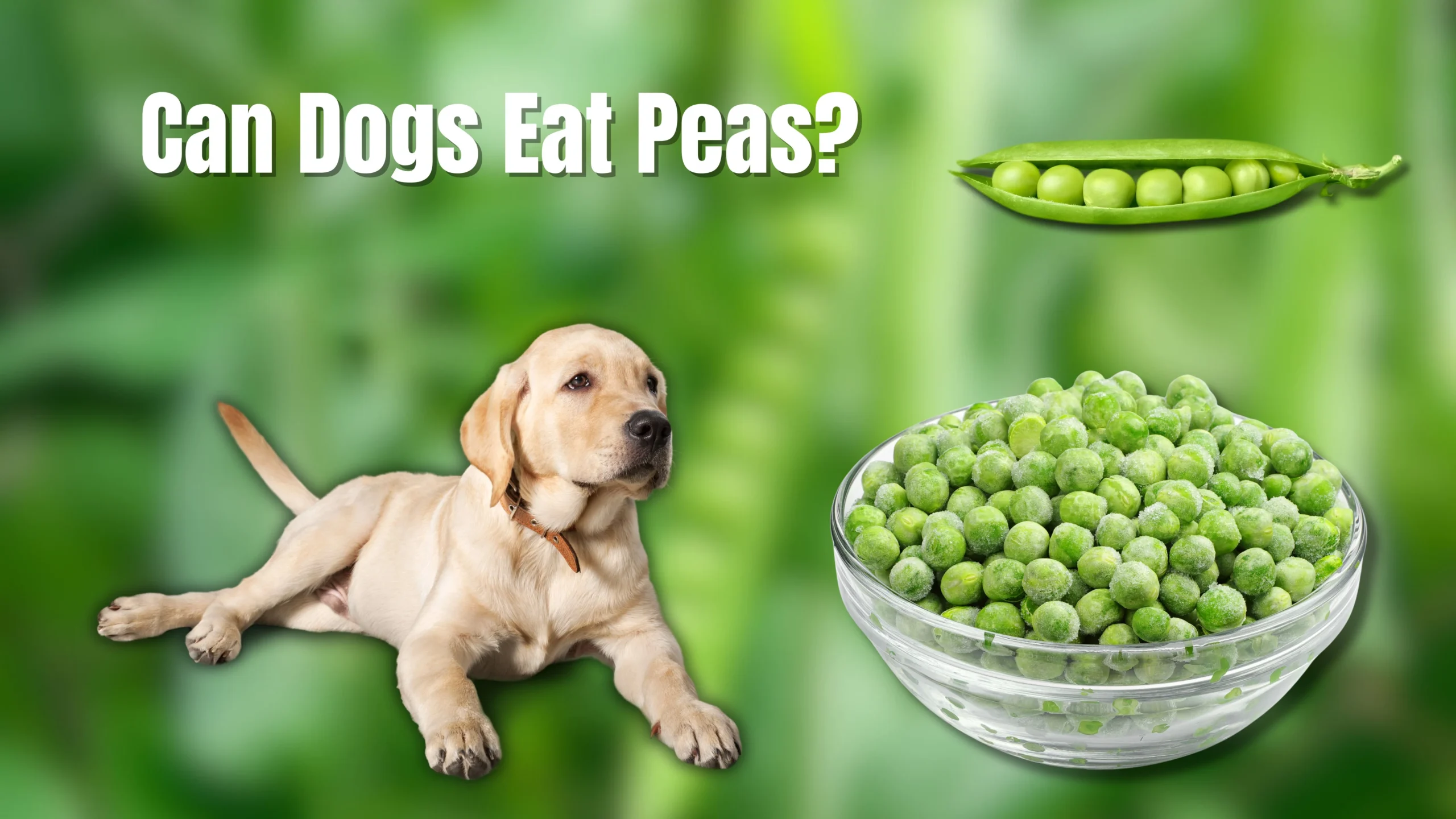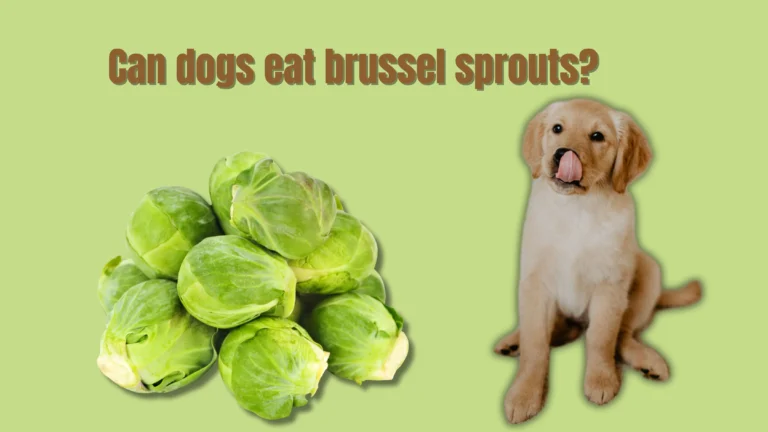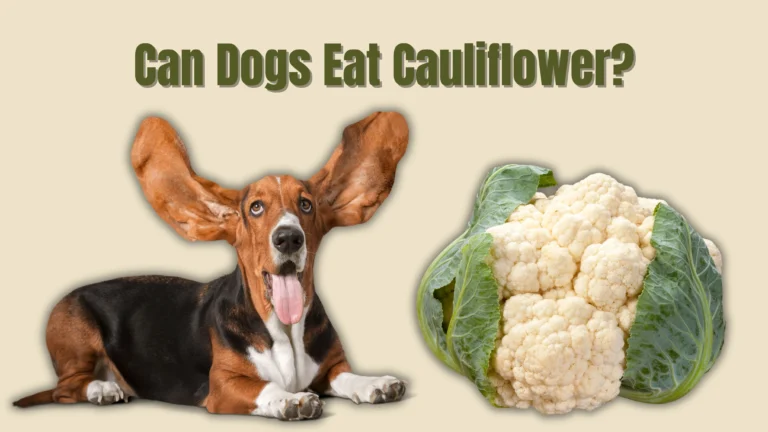Can Dogs Eat Peas?
Spring brings a bounty of fresh peas, making them a tempting addition to meals for both humans and dogs. While fruits and vegetables aren’t essential to a dog’s diet, peas are safe and can serve as a nutritious treat. Can Dogs Eat Peas? These legumes are often included in commercial dog food due to their high nutritional value, which is currently under study concerning their potential role in canine heart health.
Peas are rich in vitamins, minerals, fiber, and protein, making them a versatile and healthy food choice. They offer significant benefits, such as being a good source of carbohydrates and antioxidants, and can provide a nearly complete portion of the essential amino acids dogs need. If you decide to share peas with your dog, ensure it’s done in moderation to avoid any digestive upset, and be cautious of added ingredients that could be harmful.
Green peas and snow peas, in particular, are excellent options due to their small size and low choking risk. Overall, peas can be a delightful addition to your dog’s diet when offered occasionally and in appropriate amounts, enhancing their nutritional intake while keeping mealtime exciting.
Are Peas Good for Dogs?
Snow peas, sugar snap peas, and garden peas can be safe snacks for dogs in small amounts and may offer some health benefits, such as antioxidants that promote skin, heart, and eye health. However, dogs are not designed to thrive on a diet primarily made up of vegetables. While peas are part of the legume family and are included in many commercial pet foods, recent studies have raised questions about their potential link to heart disease when used as a main ingredient.
Green peas are rich in essential vitamins like A, K, and C, as well as minerals such as iron and phosphorus. They are also high in protein and fiber, which can be beneficial for dogs. Despite these advantages, it’s important to remember that peas should only be given in moderation as snacks, as the overall benefits are minimal compared to a well-balanced diet. Dogs will receive all the necessary nutrients from their complete dog food, making additional vegetables unnecessary.
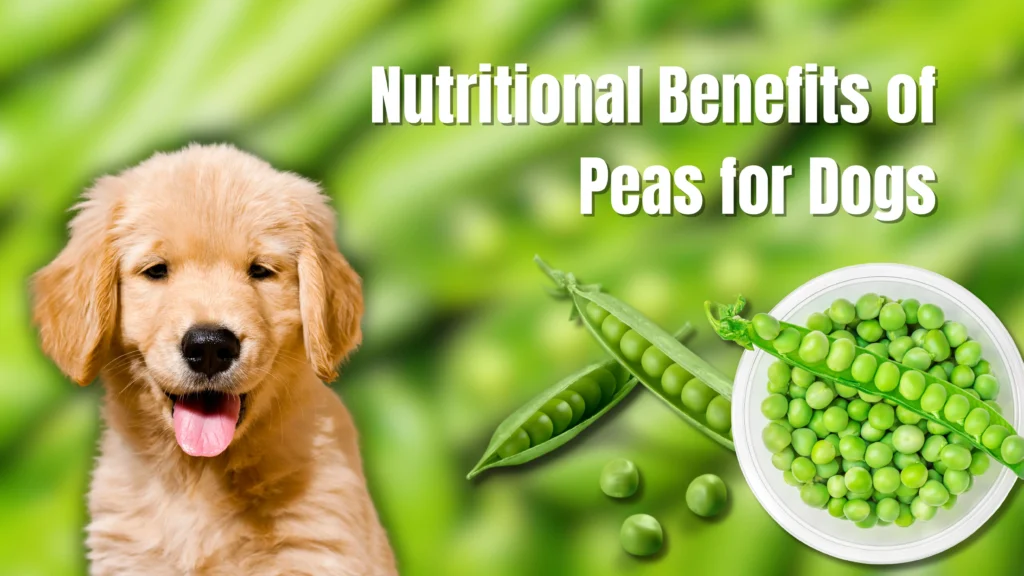
Nutritional Benefits of Peas for Dogs
Peas can be a nutritious addition to your dog’s diet, offering several health benefits. They are rich in essential vitamins such as A, K, and various B vitamins, which support bone health, vision, and immune function. Additionally, peas are high in dietary fiber, aiding digestion and helping to regulate bowel movements, which can be particularly beneficial for weight management.
They also provide some protein and are low in fat, making them suitable for dogs with specific dietary needs. In terms of minerals, peas are a good source of iron, zinc, and potassium, all vital for canine health. Their rich nutritional profile, including antioxidants and phytonutrients, supports various aspects of a dog’s well-being, from immune system function to muscle health.
However, it’s crucial to remember that while peas offer these advantages, they should be fed in moderation and not replace a balanced diet. For dogs with kidney issues, it’s best to avoid peas due to their purine content, which can negatively affect kidney function.
How to Prepare Peas for Your Dog
To safely and nutritionally serve peas to your dog, the best methods include steaming or boiling them until tender, ensuring no added oils, salt, or seasoning. Frozen peas offer a cool, crunchy treat for hot days, while mashed peas can be blended into their regular food for added nutrition. It’s important to avoid canned peas due to added sodium and other potentially harmful ingredients.
If you’re looking to diversify your dog’s vegetable intake, consider other safe options like carrots, which are rich in vitamin A; broccoli, which provides antioxidants and fiber; and green beans, known for being low-calorie and nutrient-dense. However, there are certain vegetables to avoid, such as onions, garlic, chives, avocados, grapes, raisins, and wild mushrooms, as these can be toxic or harmful to dogs. Always monitor your dog when introducing new foods and consult your veterinarian with any concerns.
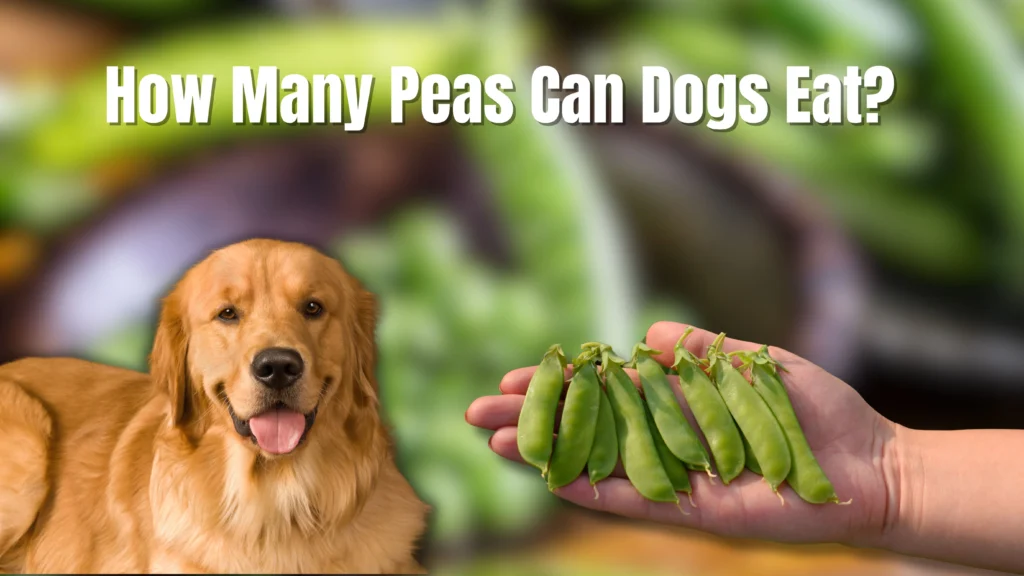
How Many Peas Can Dogs Eat?
Peas can be a nutritious treat for dogs, but they should be fed in moderation to avoid digestive issues like gas and diarrhea. Following the 10% rule is essential, meaning that treats, including peas, should make up no more than 10% of your dog’s overall caloric intake, with the remaining 90% coming from a balanced dog food diet.
Serving sizes for peas vary based on a dog’s weight. For example, extra-small dogs (2-20 pounds) can have about 1 teaspoon of cooked peas daily, while larger dogs (over 90 pounds) may have up to 3 tablespoons. It’s important to start with small amounts and gradually increase based on your dog’s tolerance and enjoyment, and consulting your veterinarian is always advisable before making significant dietary changes. While peas can be offered daily, they should not dominate your dog’s diet.

